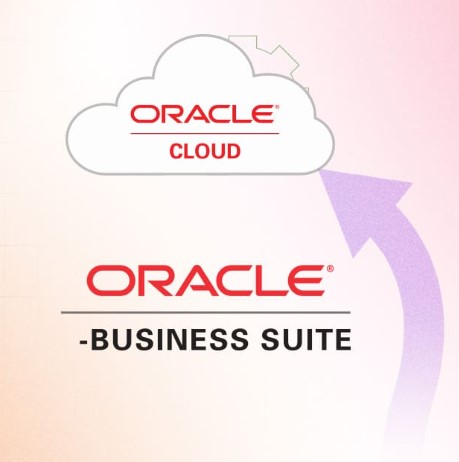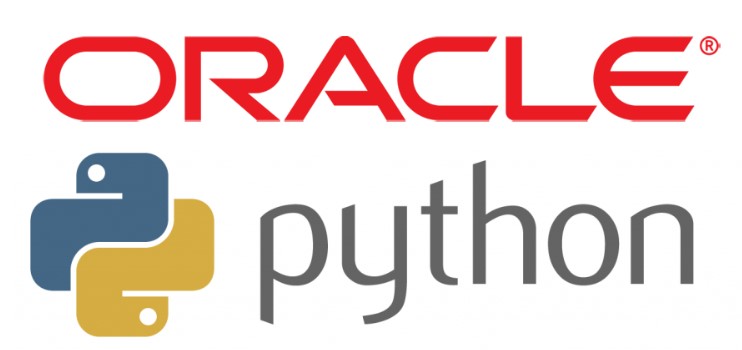Reading Time: Approx. 7 min
The world of Enterprise Resource Planning (ERP) is evolving rapidly—and Artificial Intelligence (AI) is at the center of this transformation. Once limited to automating repetitive tasks, ERP software is now powered by intelligent algorithms that can predict trends, recommend decisions, and drastically improve operational efficiency.
AI in ERP is no longer a theoretical concept. From small businesses to global enterprises, real-world implementations are showing tangible results. In this article, we explore real use cases of AI in ERP systems, demonstrating how businesses are already leveraging this powerful combination.
If you’re a business owner or IT leader exploring ERP software in 2025, these examples will inspire and guide your journey toward smarter business operations.
What is AI in ERP?
AI in ERP refers to the integration of machine learning, natural language processing, and predictive analytics into traditional ERP platforms. These enhancements allow ERP systems to learn from data, automate complex processes, and provide intelligent insights in real time.
Popular AI tools for business are now embedded within leading ERP systems, making them more intuitive, proactive, and scalable than ever before.
Real-World Use Cases of AI in ERP
Here’s how companies are using AI in ERP to gain a competitive edge.
1. Demand Forecasting in Supply Chain Management
Challenge: A consumer goods company struggled with overstock and understock issues, leading to lost sales and excess inventory costs.
Solution: By integrating AI into its ERP inventory module, the company implemented demand forecasting models using historical sales data, seasonal trends, and external market factors.
Results:
- Reduced inventory holding costs by 20%
- Improved forecast accuracy by 30%
- Optimized warehouse space and procurement planning
Tools Used: SAP S/4HANA with AI-based forecasting, Oracle Fusion Cloud SCM
2. Automated Invoice Processing in Accounts Payable
Challenge: A mid-sized manufacturing firm manually processed over 5,000 invoices monthly, leading to delays, errors, and compliance issues.
Solution: The company used AI-powered invoice scanning and data extraction tools integrated with their ERP system to automate accounts payable.
Results:
- Cut invoice processing time by 70%
- Reduced human error by 90%
- Improved vendor relationships with faster payments
Tools Used: Microsoft Dynamics 365 with AI Builder, Zoho Books with Zia AI
3. Intelligent Customer Insights in CRM
Challenge: A SaaS provider lacked actionable insights into customer churn and upsell opportunities within their ERP-linked CRM system.
Solution: AI algorithms analyzed customer behavior, usage data, and support interactions to flag high-risk accounts and identify upsell-ready clients.
Results:
- Increased customer retention by 15%
- Boosted cross-sell revenue by 10%
- Enhanced sales strategies using AI-driven recommendations
Tools Used: NetSuite CRM with machine learning modules
4. Predictive Maintenance in Asset Management
Challenge: A logistics company experienced frequent equipment breakdowns, leading to unexpected costs and service disruptions.
Solution: The business adopted an AI-enabled ERP module that predicted equipment failure based on usage patterns, IoT sensor data, and maintenance logs.
Results:
- Reduced downtime by 25%
- Lowered maintenance costs by 18%
- Extended asset life cycles
Tools Used: Oracle ERP Cloud with AI and IoT integration
5. AI-Driven Hiring in Human Capital Management
Challenge: A rapidly growing tech startup struggled to scale its recruitment process efficiently.
Solution: By integrating AI into their ERP’s HR module, they automated resume screening, ranked candidates, and scheduled interviews.
Results:
- Cut hiring time by 50%
- Improved quality-of-hire
- Enhanced candidate experience through chatbot communication
Tools Used: Workday with AI recruiting tools, SAP SuccessFactors
6. Smart Budgeting in Financial Planning
Challenge: A regional retail chain needed better financial forecasting to support growth and reduce operational waste.
Solution: AI models were applied to ERP financial data to generate dynamic budgets and cash flow forecasts.
Results:
- Increased budgeting accuracy by 35%
- Identified cost-saving opportunities across departments
- Enabled more agile financial decision-making
Tools Used: Oracle Cloud ERP, Zoho Finance Plus
Benefits of AI in ERP for Small Businesses
While many assume AI is reserved for enterprise-level companies, small businesses can also benefit from AI tools for business through modern cloud-based ERP systems.
Benefits include:
- Lower operational costs through automation
- Faster decision-making with real-time insights
- Improved customer service through intelligent support tools
- Scalable growth without increasing administrative overhead
ERP software 2025 solutions are designed with small business scalability and ease-of-use in mind.
Choosing the Right ERP Platform with AI
When selecting an ERP system that integrates AI, consider the following:
- Does it support AI natively or require third-party tools?
- Is it cloud-based for easy integration and scalability?
- Are there built-in modules for automation and machine learning?
- Can it grow with your business needs?
Some of the top AI-powered ERP platforms to explore include:
- Oracle Fusion Cloud ERP
- SAP S/4HANA
- Microsoft Dynamics 365
- NetSuite ERP
- Zoho One
Affiliate Disclosure: Some of the links in this article are affiliate links. If you choose to make a purchase through these links, we may earn a commission at no additional cost to you.
Overcoming Challenges in AI Integration
Despite its advantages, integrating AI in ERP can come with hurdles:
- Legacy systems with poor data structures
- Resistance from employees to adopt AI tools
- Initial investment in software and training
However, businesses that prepare well, start with small pilots, and prioritize training will find that the ROI far outweighs the upfront challenges.
Conclusion
Real-world use cases prove that integrating AI with ERP systems is not just a trend—it’s a transformational business strategy. Whether it’s predictive analytics, intelligent automation, or smarter customer engagement, AI in ERP helps businesses operate faster, smarter, and more efficiently.
As we move through 2025 and beyond, companies that adopt AI-enhanced ERP solutions will be better positioned to thrive in competitive markets.



